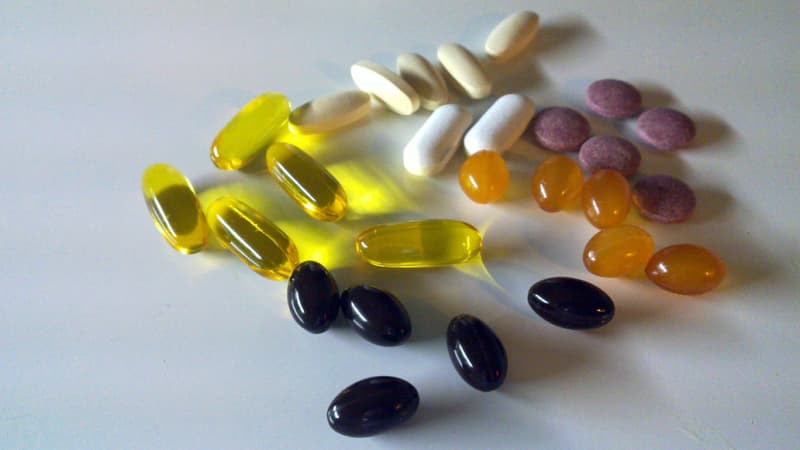Plant-based food supplements can sometimes pose serious health risks, the National Agency for Food, Environmental and Occupational Health Safety warned again on Thursday, producing an overview of 118 plants used.
These supplements, “far from being harmless, can sometimes cause serious adverse effects, such as severe allergies or life-threatening liver damage,” ANSES recalled in a press release.
Unlike medicines, food supplements do not include mandatory instructions where safety information may appear. Only brief information should be indicated, such as the list of ingredients.
“The mere mention of the presence of plants in food supplements can sometimes be falsely reassuring to the consumer, while certain plants may present a risk under certain conditions of use, depending on the type of plant extracts or the sensitivity of populations. . such as pregnant women or children,” stressed ANSES.
Potentially “unsuitable” for some consumers
And food supplements are “very rarely the subject of advice to consumers”, who can, therefore, ingest products that are not suitable for their health, he points out.
In order to prevent adverse effects, ANSES analyzed and adapted the existing declarations and restrictions for herbal medicines, transposing them to food supplements containing these same plants, in an opinion that has just been published.
It also listed all the precautions for use, recommendations, contraindications, and possible drug interactions related to 118 medicinal plants used in food supplements.
From yarrow to ginger to St. John’s wort, a summary table for each plant is available online, primarily for doctors, pharmacists and nutritionists.
ANSES recommends showing the restrictions of use
Aloe vera is, for example, contraindicated in cases of intestinal obstruction, inflammatory bowel disease, among others; echinacea in case of pathology of the immune system or taking drugs that affect the immune system; ginkgo biloba in case of epilepsy in particular.
To improve consumer safety, ANSES recommends that manufacturers explicitly indicate in the instructions or on the packaging any use restrictions related to the presence of plants.
For caregivers in charge of advising or selling food supplements, training in the safety and use of the plants contained in these supplements is recommended.
More generally, healthcare professionals are invited to report any adverse effects.
Source: BFM TV


